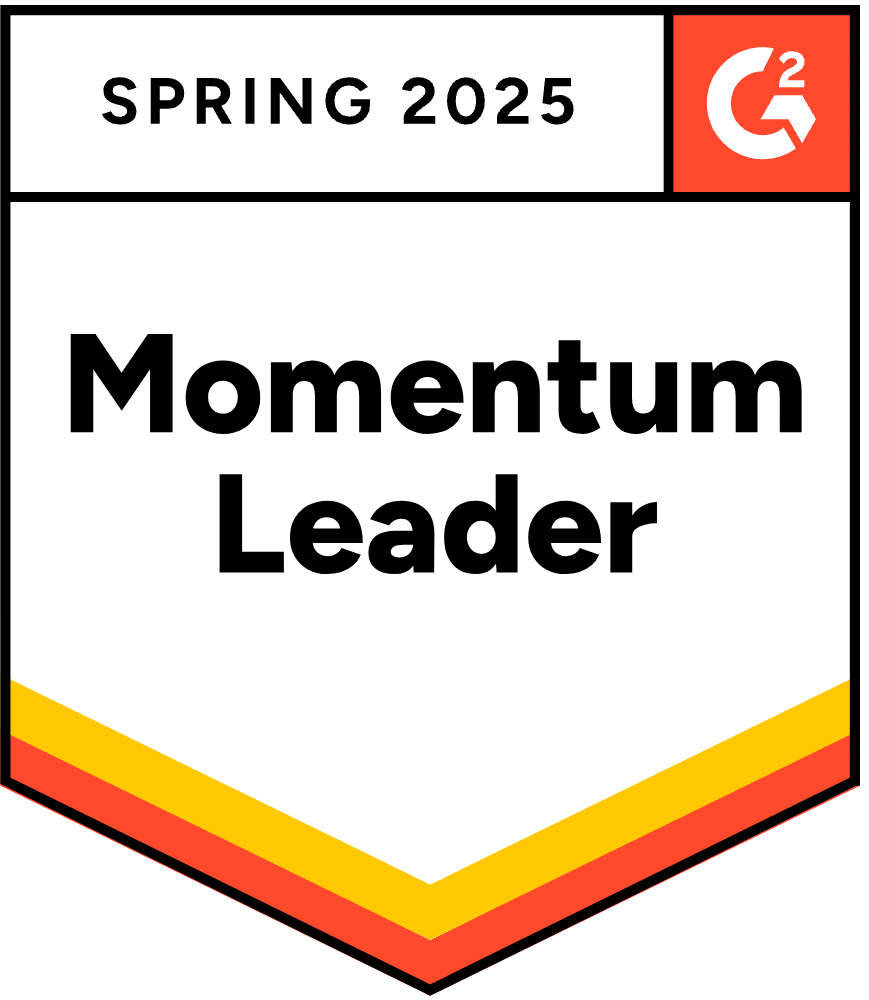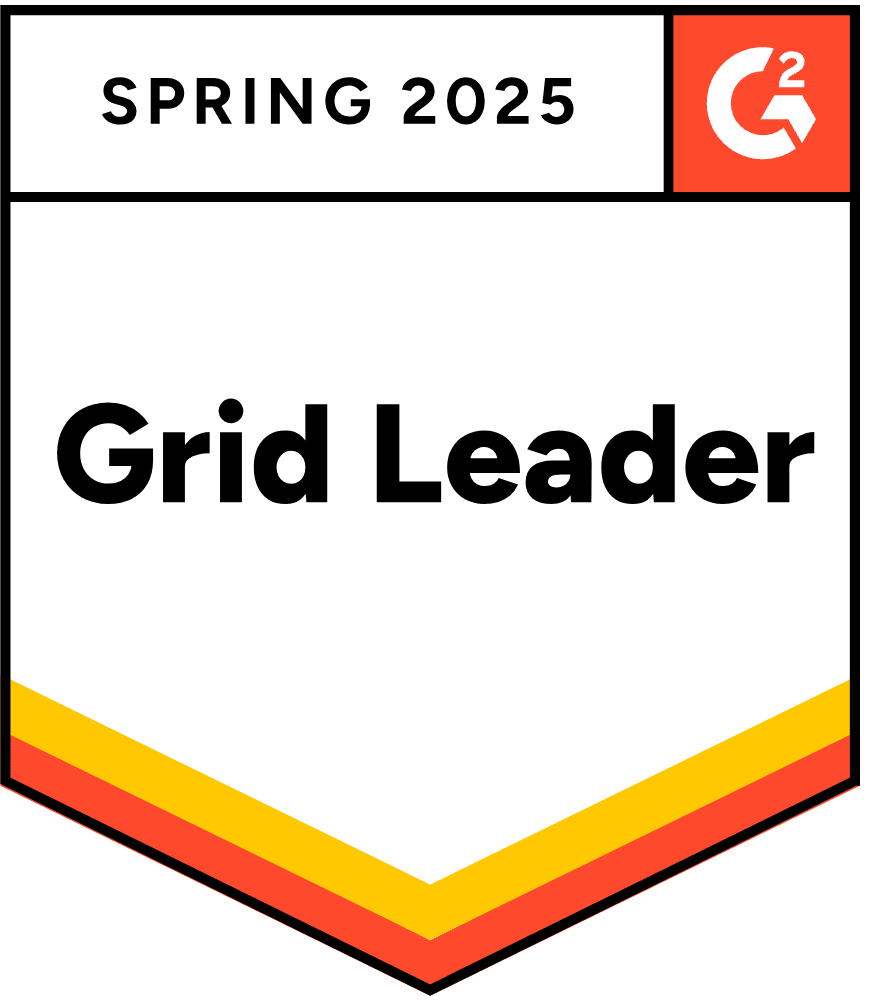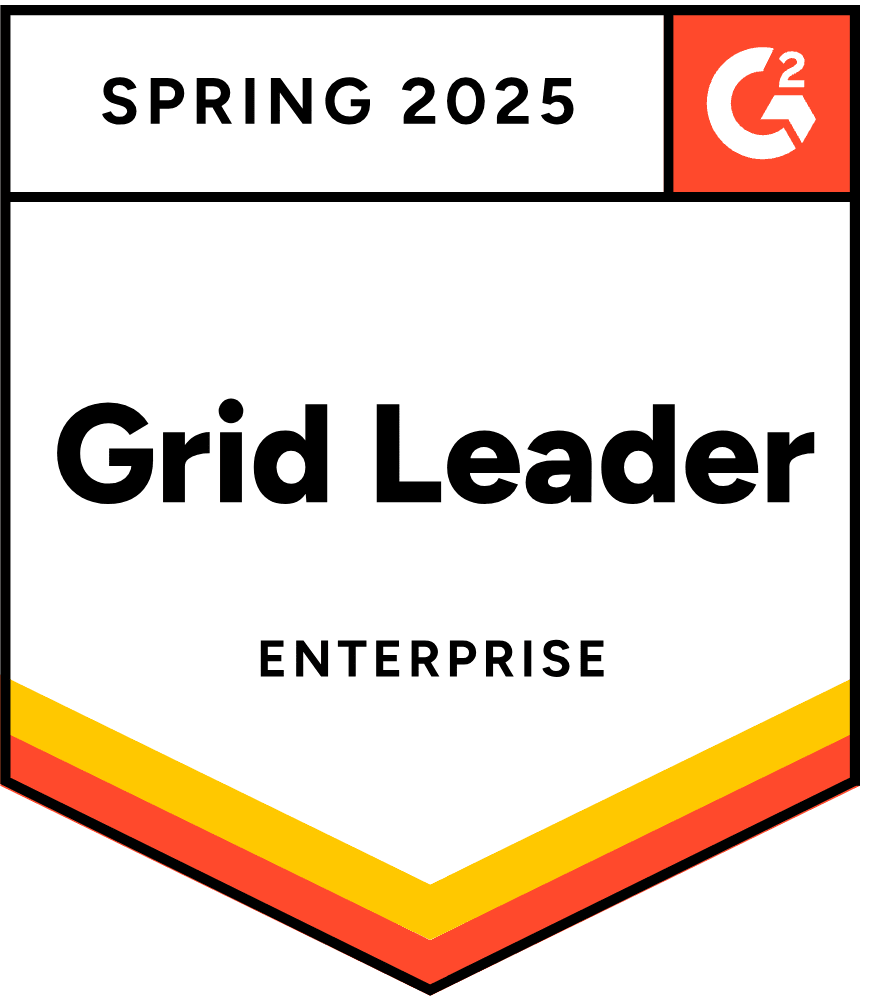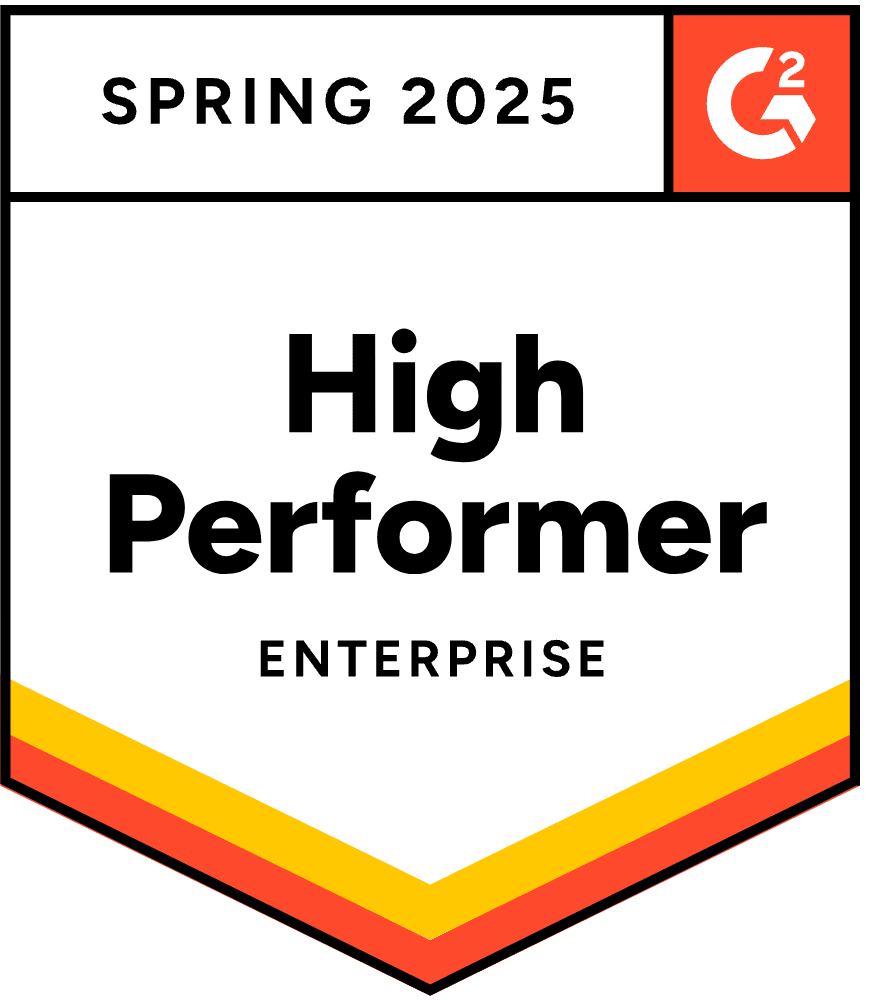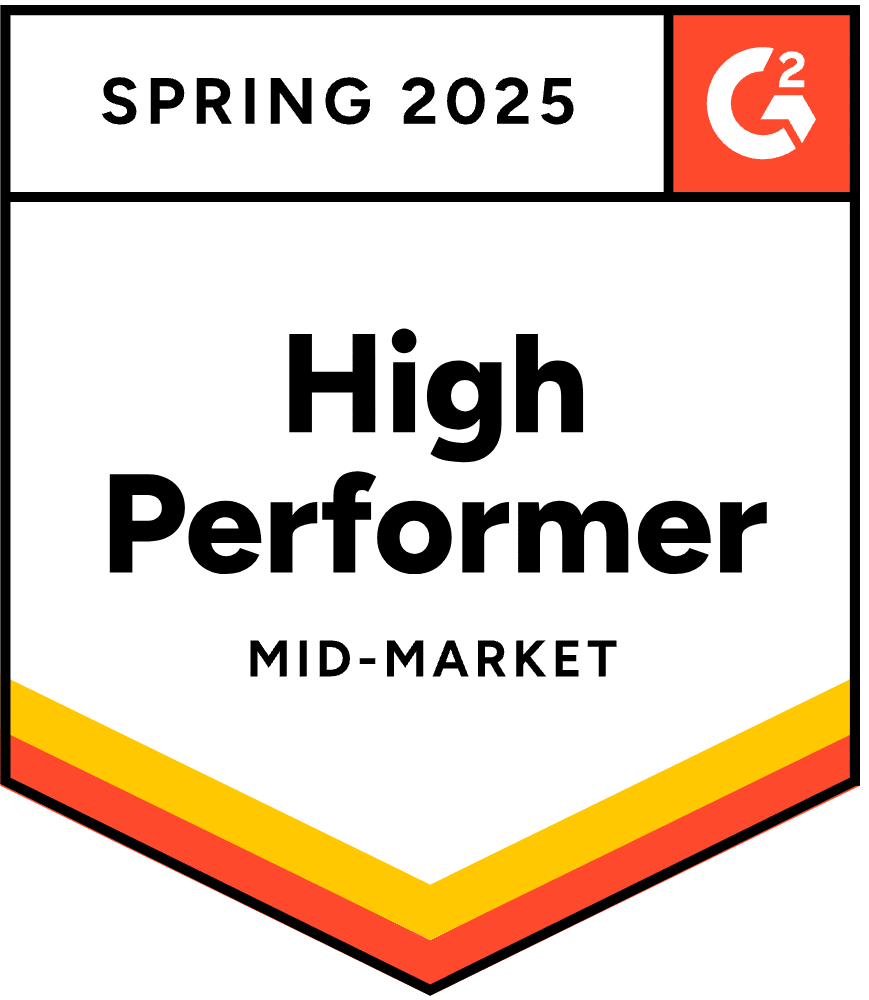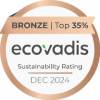Evaluating and recruiting the right talent is a significant responsibility – especially in today’s skills-focused market. But what does that mean?
Well, these days, the role of a talent management professional extends beyond evaluating education and resumes; it also demands a keen focus on a candidate’s overall skillset. When done right, harnessing skills empowers teams – and therefore businesses – to make more informed decisions when it comes to potential hires or current employees.
Understanding the Two Dimensions of Skills
Skills can be broadly categorized into two main types: technical (hard) and soft skills.
Technical skills: These revolve around specific job-related know-how, often acquired through formal education or previous experience. For instance, a software developer’s technical skill is their proficiency in programming languages like HTML, CSS, and JavaScript, while a marketer’s technical skills could include copywriting, social media strategy, and search engine optimization.
Soft skills: These can simply be called character traits, interpersonal abilities, or people skills. A few examples are clear communication, the ability to handle pressure, willingness to learn, and teamwork. In fact, a whopping 45% of employerswant to hire people with strong communication skills!
While every candidate naturally possesses some soft skills and acquires certain hard skills throughout their personal and professional lives, both dimensions can be further developed through coaching and hands-on experience. Achieving a proper balance between technical and soft skills is essential for effective performance in any given job.
Impact of Skills in HR and Talent Management
Gathering and understanding data on employees’ skillset is a big advantage. It helps HR professionals, recruiters, and managers make better decisions at every step of the talent lifecycle.
Recruiting the right talent
The fundamental of hiring is knowing the skills needed for the job. Recruiters can enhance their hiring process by identifying both technical and soft skills needed, and then aligning them with what candidates they showcase. This approach helps them find the great-fit talent they’re looking for quickly and efficiently. Plus, it encourages a more personalized interviewing style which improves candidate experience and boosts the chances of successful recruitment.
Effective training and development
In the last three years, workplaces have changed more rapidly than in the previous three decades, according to Forbes. This rate is only going to accelerate. At this speed, it is only rational to have a blueprint for success – identifying what skills are present, what’s needed, and uncovering the missing pieces. By understanding the unique strengths and areas for improvement within the workforce, organizations can tailor training and development initiatives that effectively bridge skill gaps.
Plus, providing employees with access to learn the right skills not only fuels business growth but also enhances job satisfaction and employee retention rates. In short, it sparks the overall productivity of the organization.
Agile workforce planning
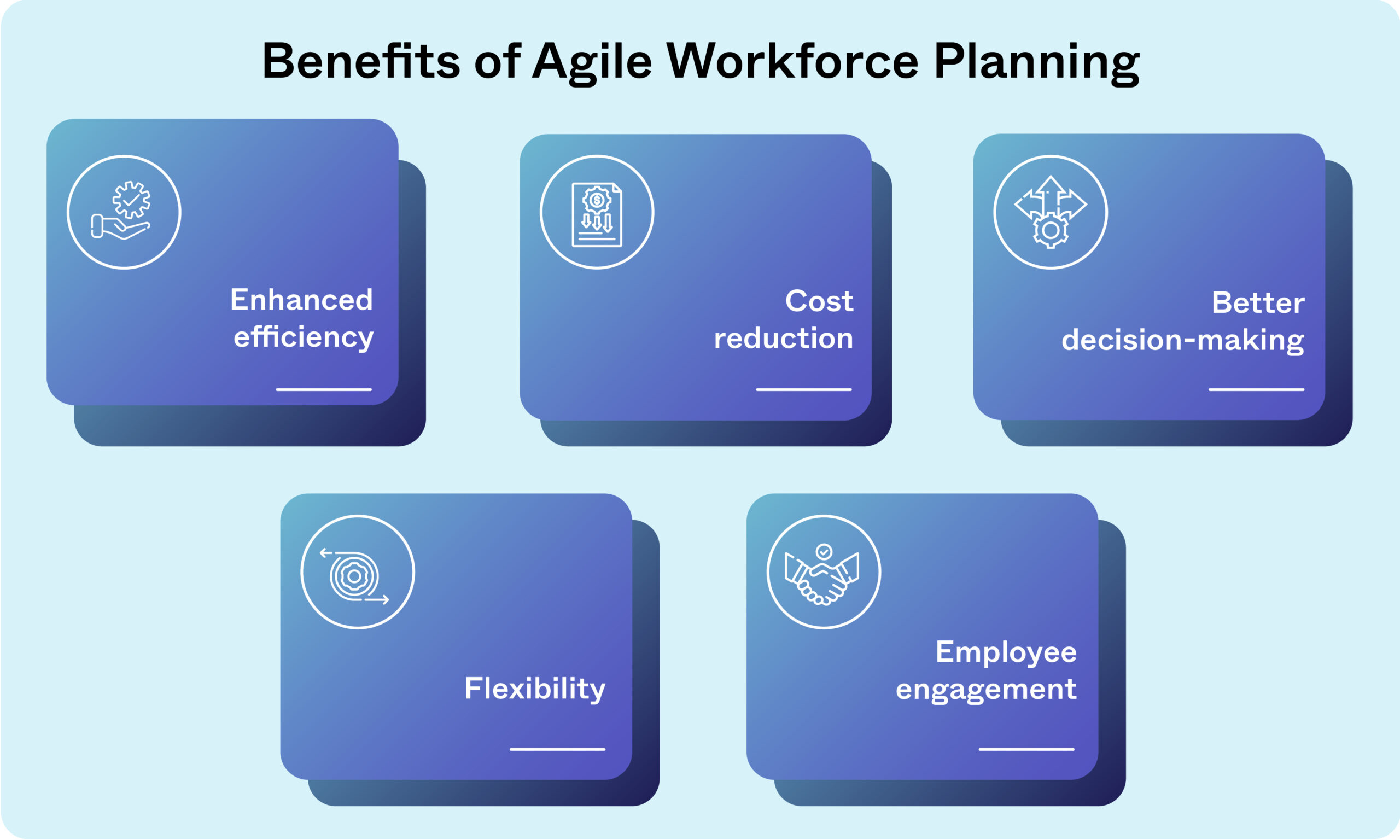
Agile workforce planning focuses on meeting the company’s changing goals, matching tasks to skills. It involves continuously forecasting and planning for different scenarios, and rapid adaptation to changing business needs.
And of course data around employee skillset, coupled with technology, is the magic wand, helping organizations pinpoint what qualities employees already have and what’s missing.
With the power of AI, companies can ensure a precise match between the right people and the right roles, when needed. This alignment enhances efficiency, reduces costs, and accelerates the pace of decision-making across teams. In short, agile planning sculpts a workforce ready to conquer the challenges of tomorrow.
Improved performance reviews and talent mobility
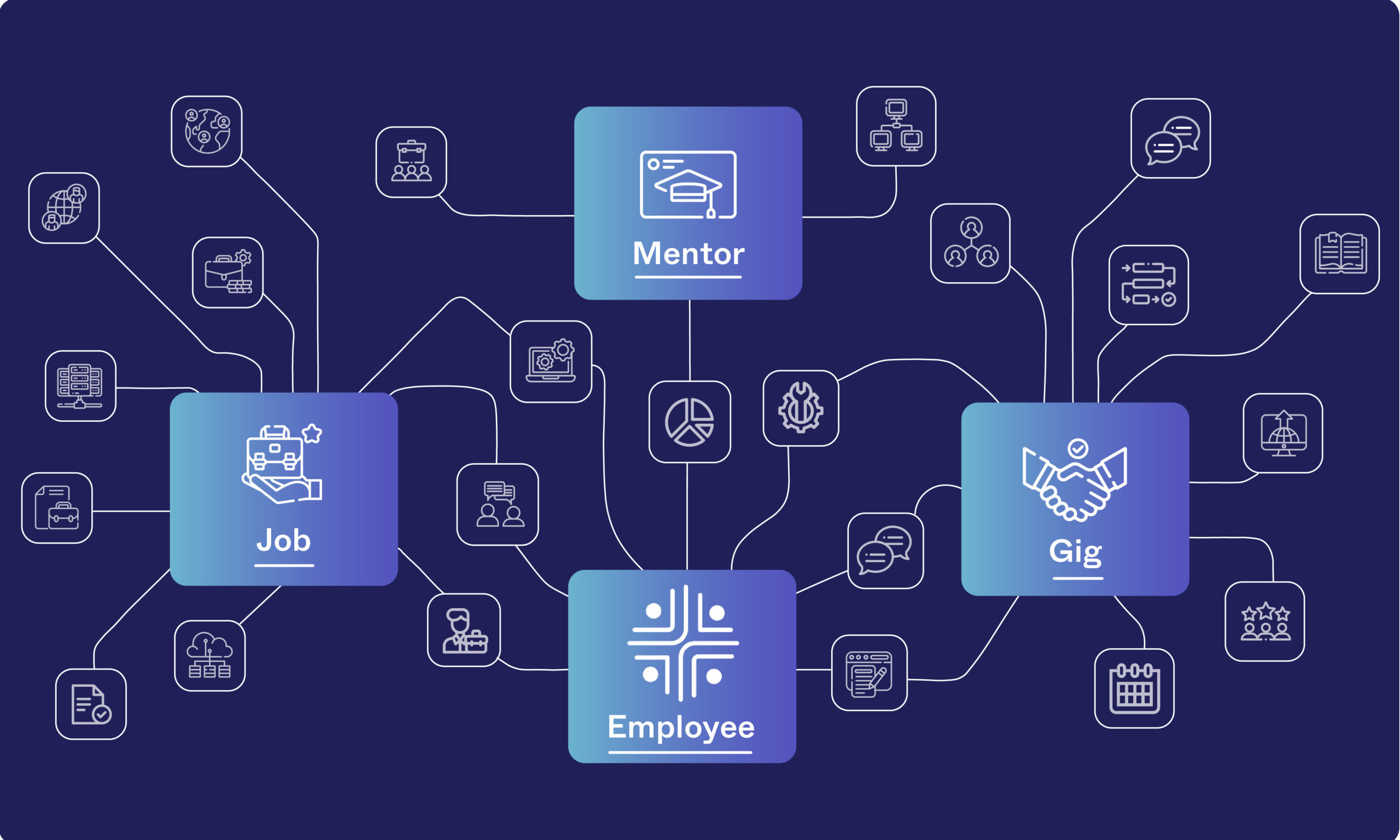
In the most basic terms, talent mobility means having the right talent at the right place at the right time within a team or an organization. It focuses on providing opportunities for employees to develop their careers by moving between different roles, departments, or locations.
You can take AI’s help here, also. Companies are now marrying skills data – using employee reviews, for one – with AI-based tools to suggest training, mentors, projects, and new opportunities best-suited for each employee. This not only boosts productivity by moving talent where it’s needed, but also keeps employees engaged and content. Employees see themselves getting better in the organization which boosts their confidence and keeps them motivated to chase those business goals.
Well, we’ve done the analysis for you! Take a gander at this go-to source for a complete understanding of how AI can be used in TA.
Are You Evaluating the Pros and Cons of AI for Talent Acquisition?
Get Ready to Rock the Skills Revolution!
It is quite clear that it’s time to shift focus to candidates’ and employees’ skillset for more efficient talent management. Not just recognizing but strategically nurturing and utilizing these skills will help you leverage the potential of your current and future employees, which in turn translates to overall business success.
Successful hiring is not just about filling roles. It’s about helping individuals to do their best. Realize the potential of skills, invest in your workforce and build a super efficient talent management plan – onward and upward!
See us in action to boost your company’s productivity. Follow us on Twitter and LinkedIn for more hiring insights!
FAQs
What are soft skills?
These are non-technical skills that show how an individual conducts themself in any given situation. Common examples include communication, teamwork, problem-solving, adaptability, time management, leadership, empathy, and conflict resolution.
What are hard skills?
These are measurable abilities of an individual that are acquired through formal education, training or past experience. These are very specific to a particular job, industry or field. Some examples would be a person’s mathematical ability, language expertise, coding knowledge, etc.


